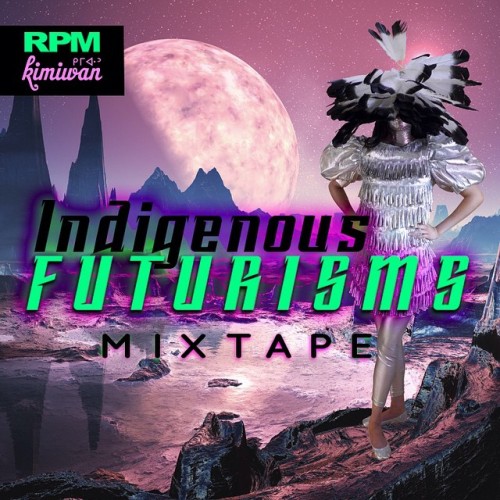Black Futurities: Shape-Shifting beyond the Limits of the Human
by Hazel V. Carby Please follow each link to images, videos or sound as they occur because they are integral to the narrative. They thought they were tasting the future (which for some peopletasted like cardboard and for other people tasted like sugar).—Alexis Pauline Gumbs1 For the Africans who lived through the experience of deportation to the Americas, confronting the unknown with neither preparation nor challenge was no doubt petrifying. —Édouard Glissant2 Accumulation She was dismayed when she realized that what she wanted to imagine, what she was struggling to bring into being, now seemed beyond her reach. Was it improbable or impossible? What could she dream in a present of imminent environmental catastrophe? How could she sculpt the contours of a future when the future, any future, had been foreclosed? She read widely and absorbed what she read, which erased the last few misconceptions to which she clung. She thought she had rid her home of plastic only to find that microplastics rained down from the sky. She kept chemicals away from her house …


